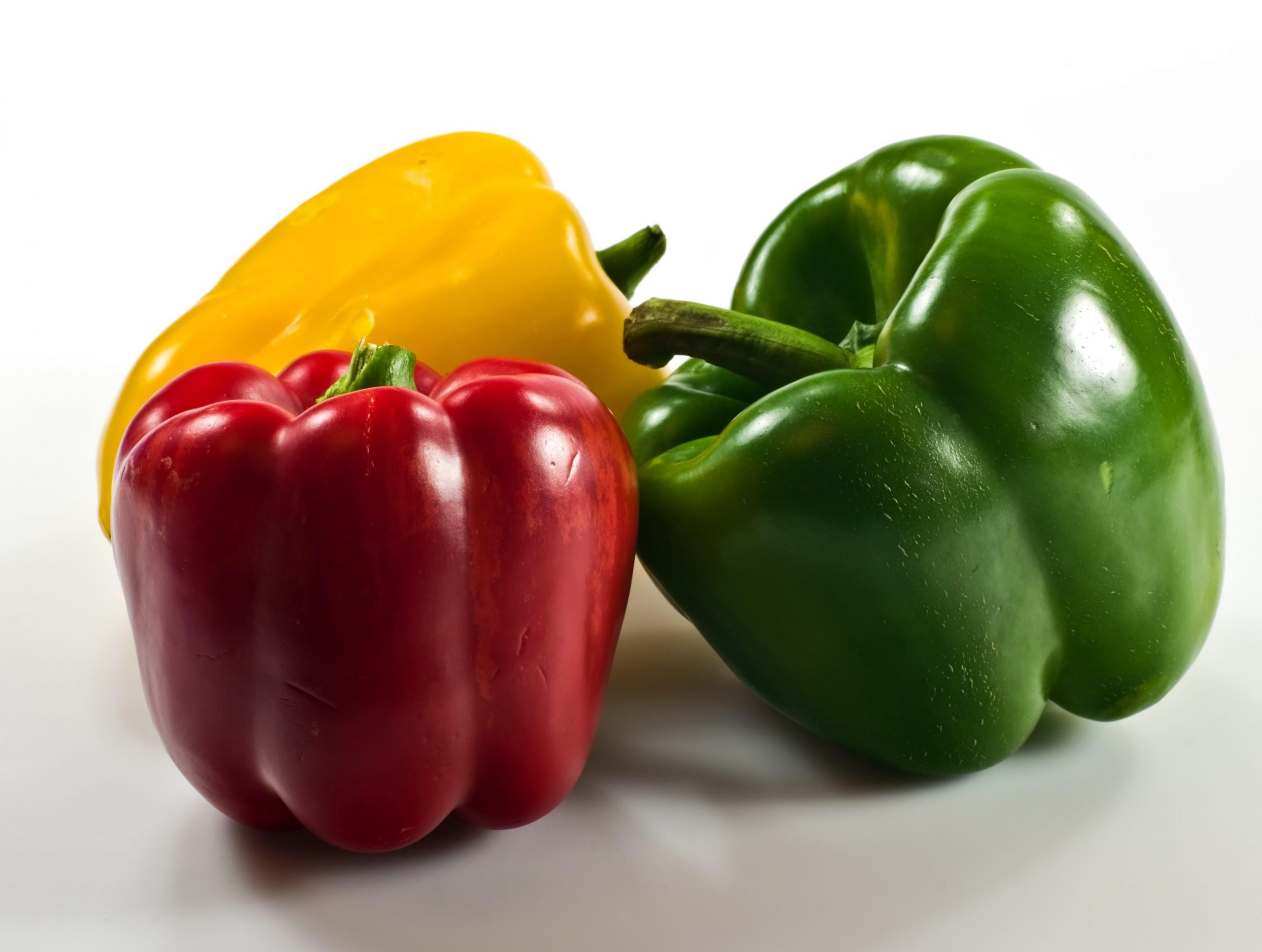Reveal the Best Fertilizers for Peppers: Necessary Nutrients for Flourishing Plants
Reveal the Best Fertilizers for Peppers: Necessary Nutrients for Flourishing Plants
Blog Article
Organic Vs. Synthetic Fertilizers: Which Is Best for Supporting Healthy And Balanced Pepper Plants?
In the world of supporting healthy pepper plants, the option between organic and artificial fertilizers stands as a crucial choice with far-ranging implications. While both choices objective to offer important nutrients to support plant growth, the subtleties of their effect on the soil, plant health, and the setting trigger an argument that echoes throughout the horticulture community. Recognizing the distinctive advantages and prospective challenges of each fertilizer type is vital for pepper cultivators seeking to optimize their yields while maintaining an eco-conscious and lasting technique.
Advantages of Organic Plant Foods
Organic fertilizers provide a lasting and environmentally-friendly strategy to nourishing pepper plants, offering vital nutrients without the usage of synthetic chemicals. These all-natural plant foods are obtained from natural sources such as compost, manure, bone meal, and algae, promoting dirt health and biodiversity. Unlike artificial fertilizers, natural alternatives release nutrients gradually, guaranteeing a stable and balanced supply for pepper plants to flourish.
One considerable benefit of organic plant foods is their capacity to improve soil framework and water retention. By enhancing soil wellness, natural plant foods advertise useful microbial activity, which helps in nutrient uptake by pepper plants. In addition, organic plant foods decrease the danger of chemical run-off, shielding water sources from air pollution and securing the setting.
Furthermore, natural fertilizers add to long-term soil fertility by advertising the development of useful soil organisms. These organisms assist break down raw material, releasing nutrients in a kind that is conveniently available to pepper plants. best fertilizers for peppers. By fostering a healthy soil environment, organic plant foods support lasting pepper cultivation techniques that benefit both plants and the atmosphere
Drawbacks of Artificial Fertilizers
Synthetic plant foods, in comparison to their organic equivalents, pose different negative aspects when utilized to nurture pepper plants, affecting both plant health and environmental sustainability. One significant drawback of artificial fertilizers is their propensity to leach nutrients from the soil quickly. This quick leaching can bring about vitamins and mineral discrepancies in the soil, creating plants to experience poisonings or shortages. Additionally, synthetic plant foods can harm valuable soil organisms, such as earthworms and useful germs, interfering with the soil ecosystem's equilibrium.
Furthermore, the overuse of synthetic plant foods can add to water air pollution. Excess plant foods not absorbed by plants can wash away into water bodies, bring about eutrophication, where algae blooms diminish oxygen degrees in the water, hurting water life. Artificial plant foods are normally acquired from non-renewable sources, such as fossil fuels, adding to carbon discharges and ecological deterioration during their production.
Nutrient Absorption Comparison
When contrasting synthetic and natural fertilizers in terms of nutrient absorption, organic fertilizers have the advantage of giving a more well balanced and slow-release source of nutrients. Organic plant foods have a variety of macro and trace elements that are not just useful for the plants but also advertise healthy soil microbial task, which helps in nutrient uptake.
Furthermore, natural plant foods improve soil structure and water retention capacity, enabling pepper plants to accessibility nutrients more effectively. This enhanced soil top quality facilitates root growth, making it possible for better nutrient absorption. Synthetic plant foods, although at first boosting plant development due to their high nutrient concentrations, might impede long-term nutrient absorption by derogatory soil health gradually.
Environmental Impact Considerations

On the other hand, synthetic plant foods, although typically even more concentrated and immediately available to plants, can have damaging results on the setting if not applied effectively (best fertilizers for peppers). Their manufacturing requires high power inputs, causing greenhouse gas emissions and adding to climate modification. Furthermore, the overflow of excess synthetic fertilizers can pollute water sources, causing eutrophication and hurting marine environments.
Best Fertilizer Practices for Peppers
To accomplish this, it is crucial to adhere to ideal plant food methods tailored to the particular needs of pepper plants. One crucial practice is to perform a soil examination before using any type of plant foods.
An additional vital technique is to fertilize pepper plants at the ideal time. Generally, peppers take advantage of obtaining fertilizer at growing and then once more when they start to flower. over here Over-fertilizing can bring about nutrition imbalances and hurt the plants, so it is essential to comply with advised application prices.
Furthermore, choosing a well balanced plant food with an NPK proportion that suits pepper plants' requirements is essential. Organic plant foods, such as compost or manure, can be excellent choices as they launch nutrients gradually and improve dirt structure in time. Synthetic plant foods can provide a fast nutrient increase when needed. Eventually, incorporating natural and synthetic fertilizers deliberately can assist support healthy and balanced pepper plants while minimizing ecological influence.
Verdict

Organic fertilizers provide a sustainable and environmentally-friendly approach to nourishing pepper plants, providing essential nutrients without the usage of artificial chemicals. Unlike artificial fertilizers, organic options release nutrients slowly, guaranteeing a consistent and well balanced supply for pepper plants to prosper.
Artificial fertilizers, in comparison to their organic counterparts, present different downsides when used to nurture pepper plants, affecting both plant health and wellness and environmental sustainability. When contrasting organic and artificial plant foods in terms of nutrient absorption, natural plant foods have the advantage of providing a much more balanced and slow-release resource of nutrients.Furthermore, natural plant foods boost dirt structure and water retention capability, see post allowing pepper plants to gain access to nutrients more successfully.
Report this page